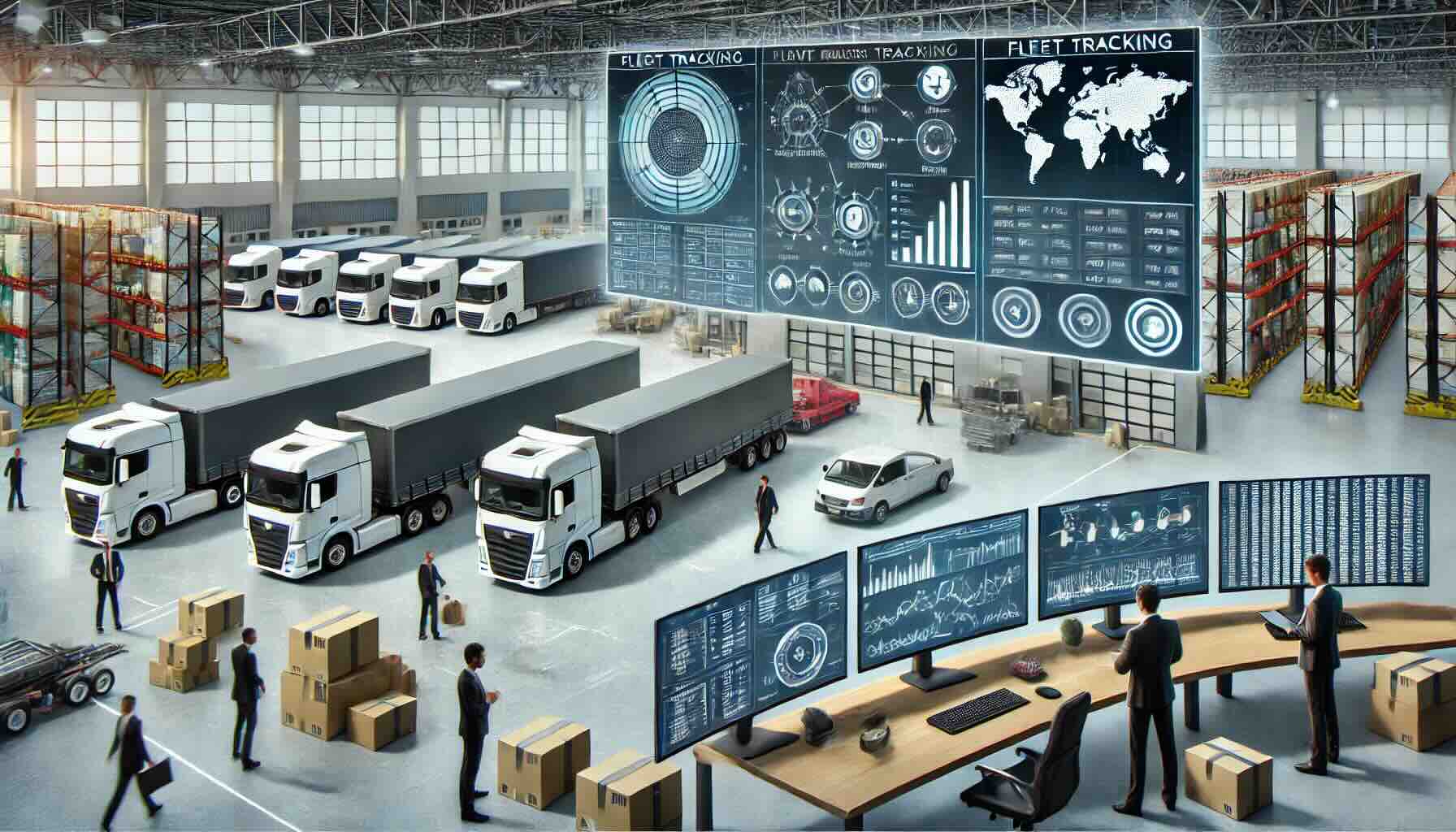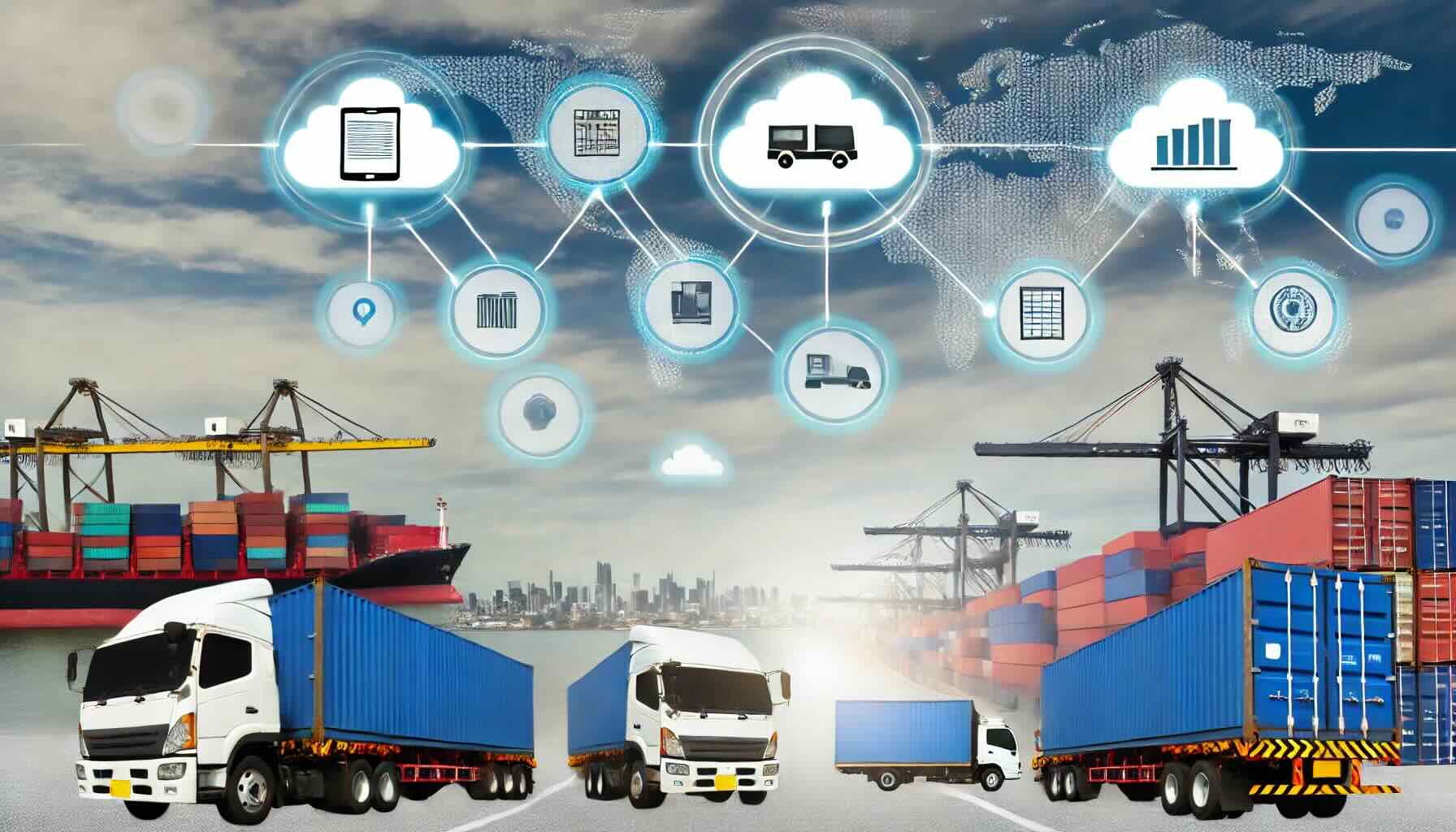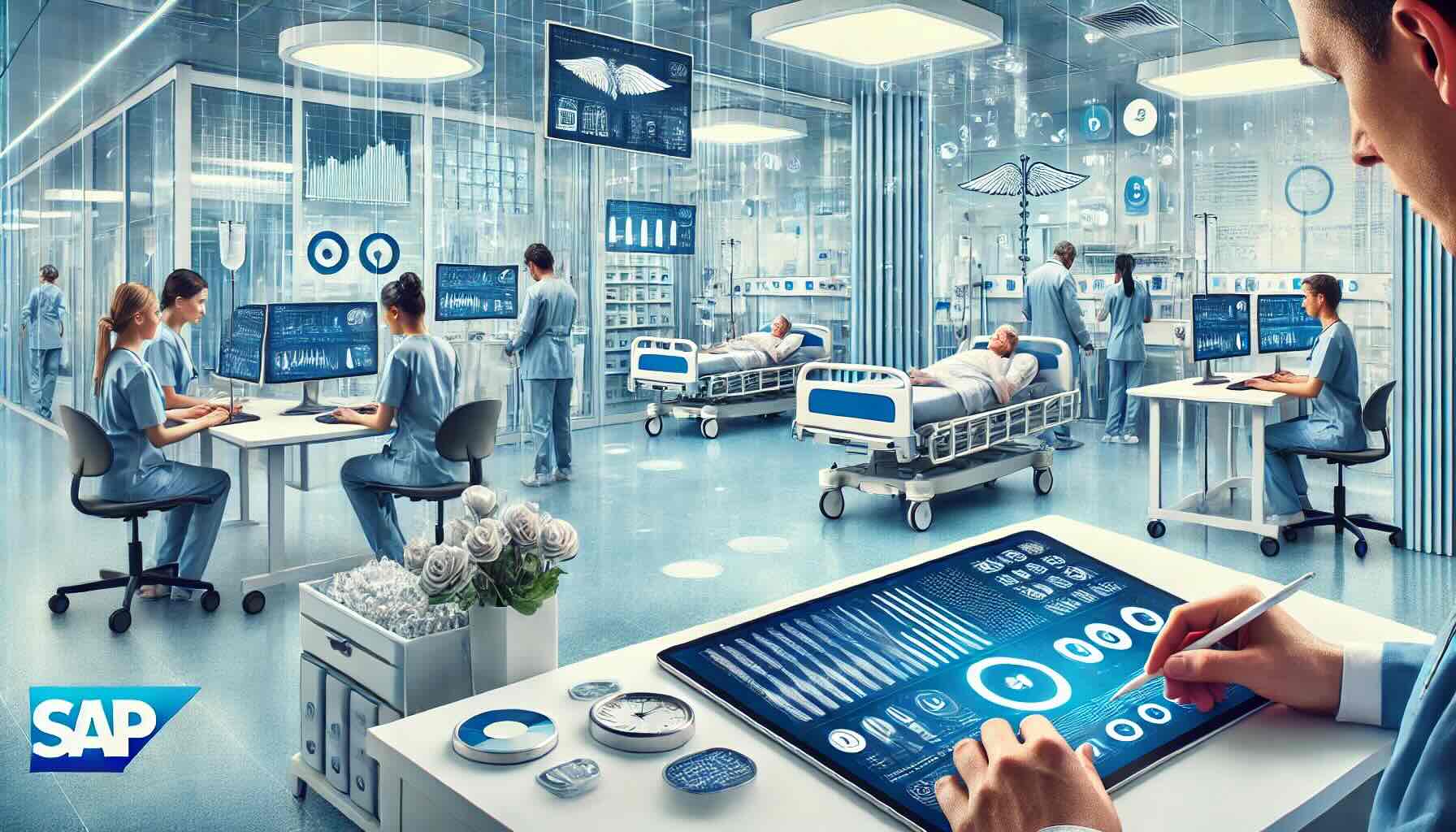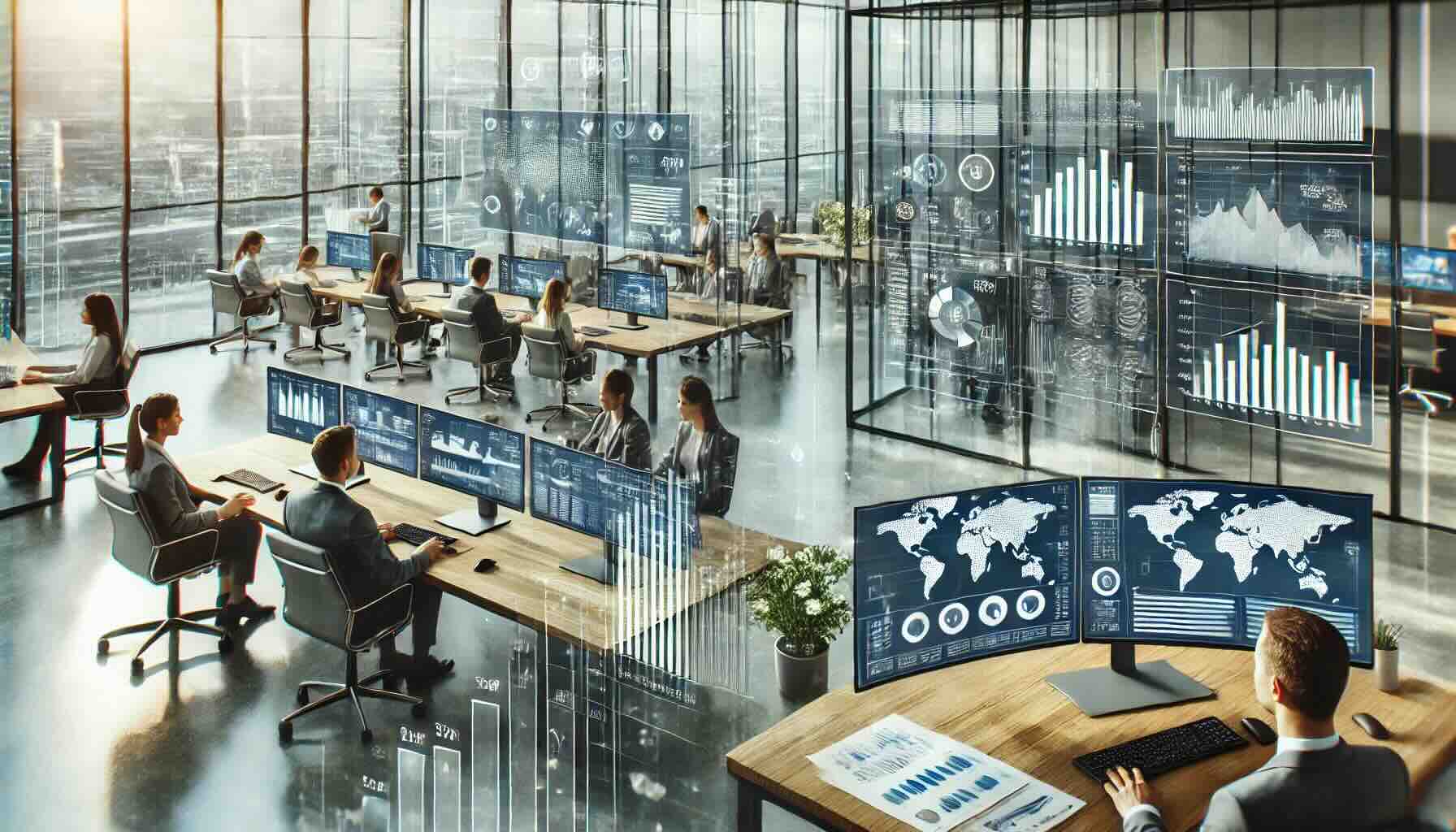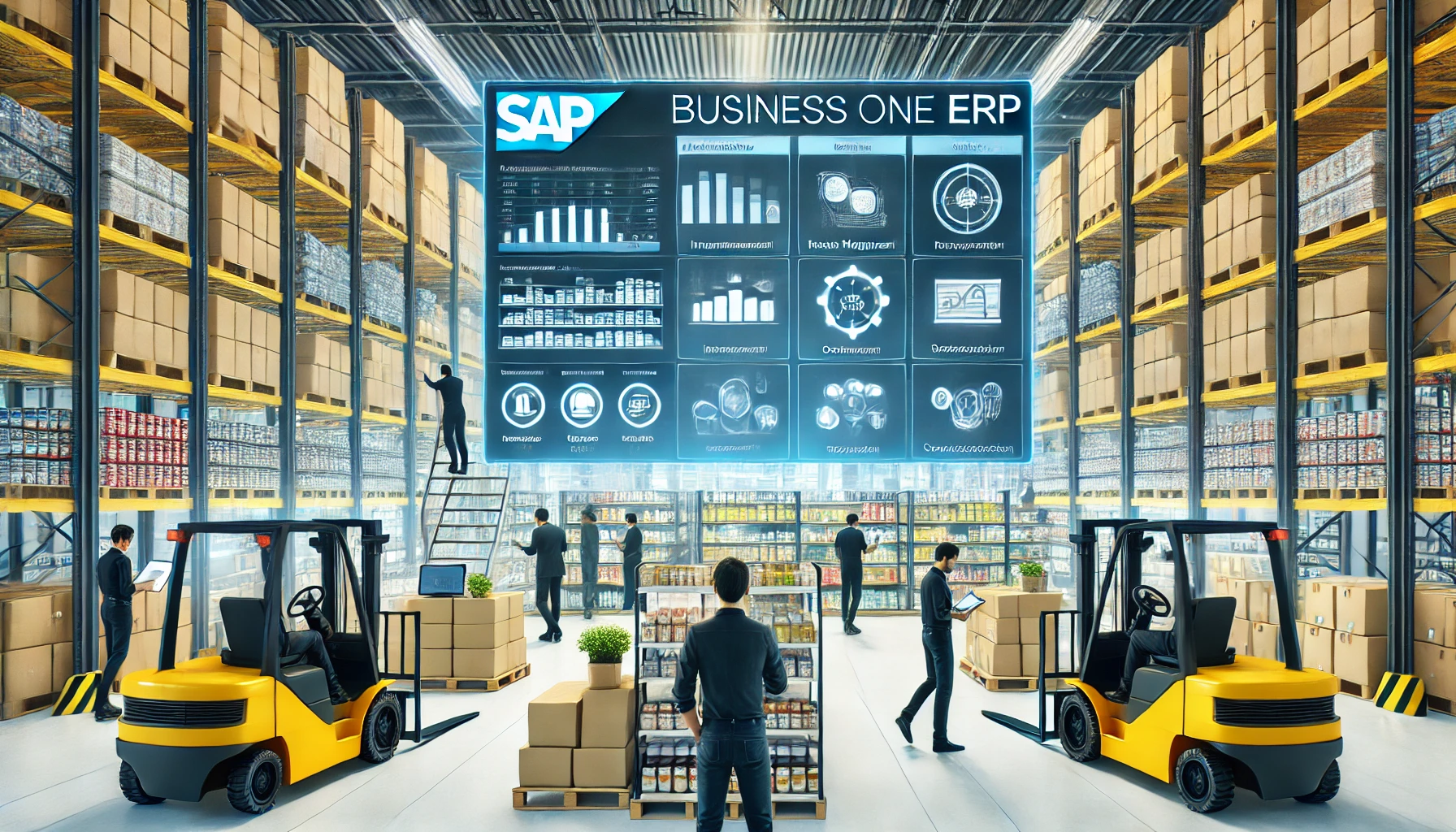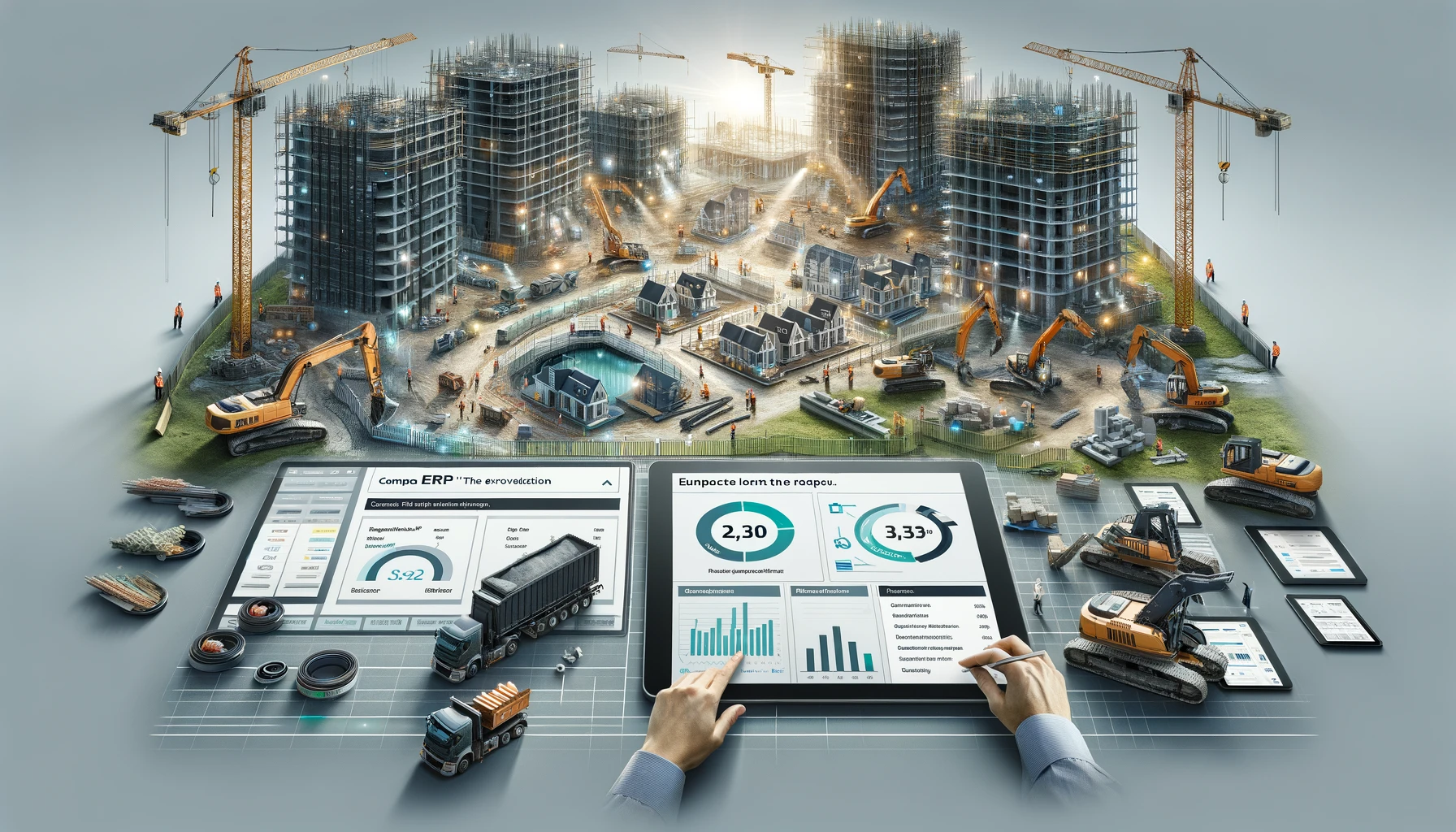Best Construction ERP Systems to Streamline Your Business in 2025
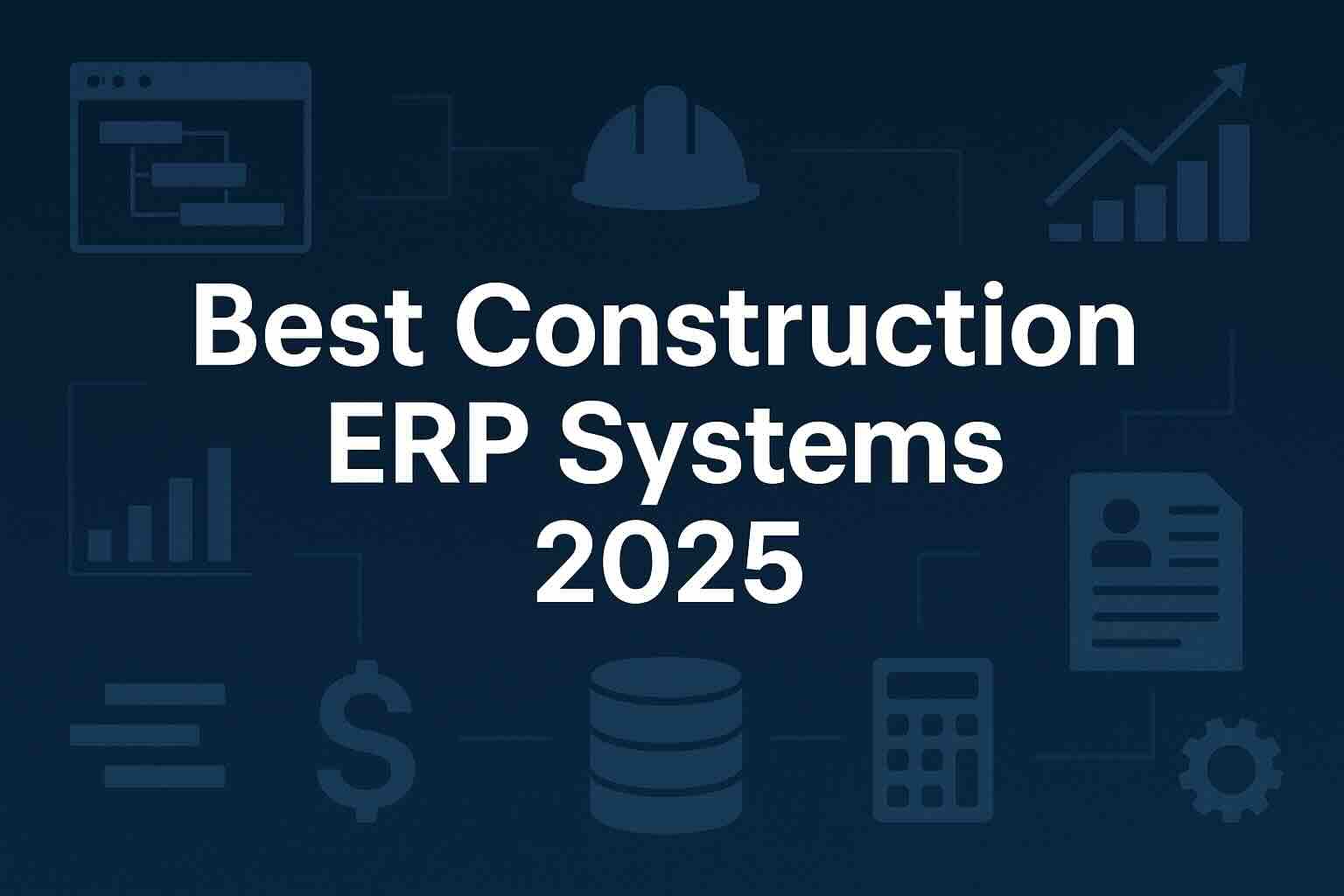
Construction companies today face rising material costs, supply chain delays, and labor shortages. Because of this, many firms are looking for better ways to control projects and stay profitable. One of the most effective solutions is a construction ERP system. These platforms connect project management, finance, purchasing, and field work into one easy-to-use system.
In this blog, we review the 8 best construction ERP systems in 2025. We explain how they work, what they offer, and which type of construction business each one fits best.
Why Choose a Construction ERP System?
A construction ERP system offers many benefits. Most importantly, it helps teams work together while keeping costs under control.
-
Project Management in One Place – All schedules, budgets, and tasks are linked.
-
Real-Time Data – Everyone sees the latest updates right away.
-
Cost Control – You can compare budgets with actual spend and stop overruns.
-
Collaboration – Office staff and field crews stay connected.
-
Compliance – Reports and safety records are easier to manage.
Top 8 Best Construction ERP Systems in 2025
1. Acumatica Construction Edition
Acumatica is a popular choice for growing contractors. Unlike older systems, it is built in the cloud, so teams can use it anywhere. In 2025, Acumatica added AI forecasting tools that highlight risks early. It also improved mobile job site apps, which makes field reporting faster.
Features:
-
Job costing and budgets updated in real time
-
Subcontractor compliance and payments
-
CRM and finance tools in one system
-
Integrates with Procore, Autodesk, and more
Best For: Mid-sized contractors that want flexible software without a heavy setup.
To find out more about Acumatica you can visit this link.
2. Epicor Kinetic for Construction
Epicor’s Kinetic platform is known for strong project and supply chain control. In fact, its 2025 version focuses on predictive supply chain planning to help firms manage shortages. It also brings better cost tracking through built-in analytics.
Features:
-
Project scheduling and resources
-
Automated supply chain and purchasing
-
Financial controls for multi-site contractors
-
BIM integration
Best For: Large firms with complex projects and many suppliers.
To find out more about Epicor you can visit this link.
3. IFS Cloud
IFS Cloud is ideal for heavy construction and infrastructure projects. Unlike other ERPs, it has powerful tools for equipment and asset management. In 2025, IFS added carbon tracking reports so companies can measure environmental impact. It also improved field service tools, reducing downtime on machinery.
Features:
-
End-to-end project management
-
Asset and maintenance planning
-
Workforce scheduling
-
Sustainability reports
Best For: Engineering and infrastructure firms that rely on large equipment fleets.
To find out more about IFS Cloud you can visit this link.
4. Oracle Fusion Cloud ERP
Oracle offers one of the strongest ERP systems on the market. In construction, it is used mainly for finance, purchasing, and risk control. In 2025, Oracle introduced AI-driven forecasting and better contract management. As a result, firms can predict costs and avoid risks earlier.
Features:
-
Full financial management
-
Automated purchasing and supplier tracking
-
Contract lifecycle tools
-
AI risk analysis
Best For: Global construction companies that need deep financial and compliance tools.
To find out more about Oracle you can visit this link.
5. SAP S/4HANA Cloud for Construction
SAP is another global leader. Its S/4HANA Cloud system is designed for very large projects. In 2025, it added predictive equipment maintenance and real-time cash flow forecasting. Therefore, contractors can avoid downtime while staying on budget.
Features:
-
Project portfolio management
-
Financial forecasting
-
Procurement and logistics integration
-
AI-based workforce planning
Best For: Multinational contractors that run several large projects at once.
To find out more about SAP S/4HANA you can visit this link.
6. Deltek ComputerEase
Deltek ComputerEase is built specifically for construction. Unlike general ERPs, it has a strong focus on accounting and job costing. In 2025, Deltek added mobile apps for time tracking and cloud deployment options.
Features:
-
Construction accounting and payroll
-
Job costing and WIP reporting
-
Field apps for time and equipment
-
Compliance support
Best For: Small to mid-sized contractors who want financial visibility and easy payroll.
To find out more about Deltek you can visit this link.
7. Microsoft Dynamics 365 for Construction
Microsoft has expanded its ERP to better serve contractors. The 2025 version includes automated project billing and AI dashboards through Power BI. In addition, it integrates smoothly with Microsoft Teams, making collaboration easier.
Features:
-
Project and finance management
-
Real-time dashboards with Power BI
-
Team collaboration through Microsoft 365
-
Supply chain tools
Best For: Contractors already using Microsoft tools that want ERP in the same ecosystem.
To find out more about Microsoft Dynamics 365 you can visit this link.
8. Sage Intacct Construction
Sage is trusted in construction finance, and Intacct Construction brings that expertise to the cloud. In 2025, Sage added real-time financial dashboards and multi-entity reporting. As a result, firms get better visibility across several projects at once.
Features:
-
Construction accounting and project costs
-
Subcontractor compliance tracking
-
Cloud-based reporting
-
Integration with management tools
Best For: Small and mid-market contractors that need strong financial control without the complexity of global ERPs.
To find out more about Sage Intacct you can visit this link.
Choosing the Right ERP System for Your Construction Business
Selecting the best system depends on several factors. For example, large enterprises may need Oracle or SAP, while smaller contractors may prefer Sage or Deltek. In addition, firms that value easy use often choose Acumatica, while those already using Microsoft tools benefit from Dynamics 365.
When comparing options, always consider:
-
Scalability – Will it grow with your business?
-
Ease of Use – Can your teams adopt it quickly?
-
Integration – Does it connect with your current tools?
-
Support – Is training and help available?
Conclusion
The best construction ERP systems in 2025 can help you control costs, improve teamwork, and complete projects on time. Whether you are a small contractor or a global enterprise, the right ERP makes your business stronger.
With our AI-powered Compare ERP tool, you can easily explore and compare solutions tailored to your business. The engine reviews millions of data points across 100+ ERP systems and delivers your top three picks based on your goals. Best of all, it is completely free.
